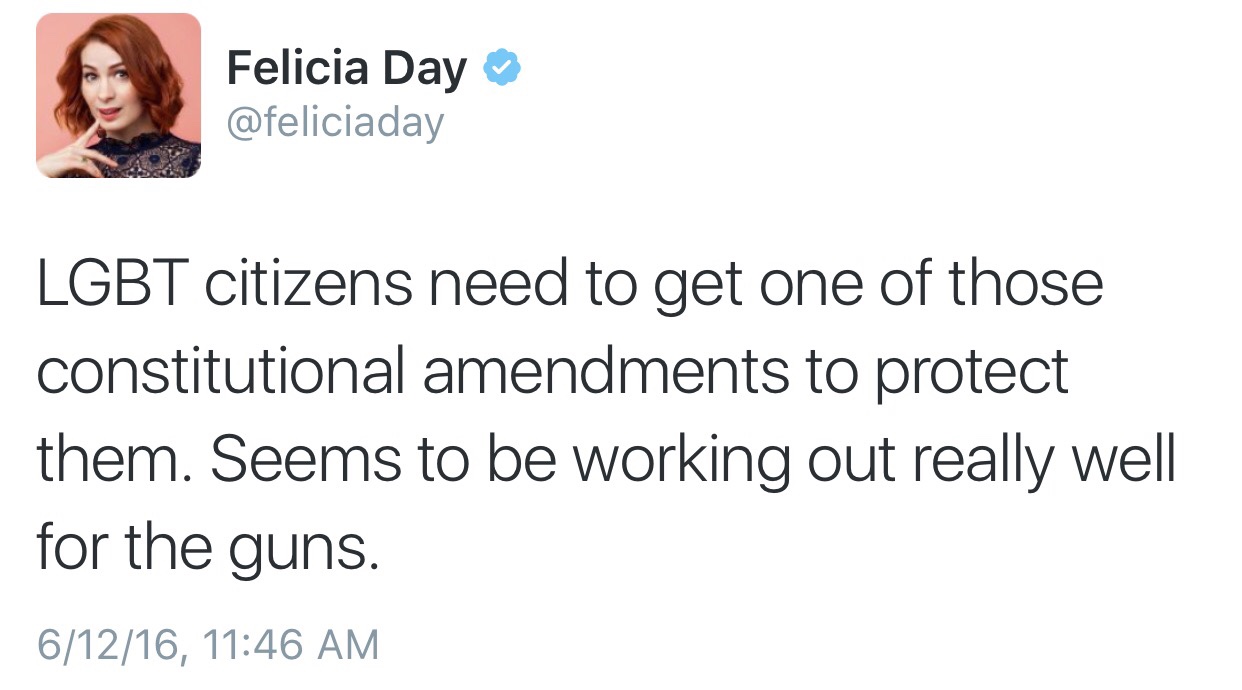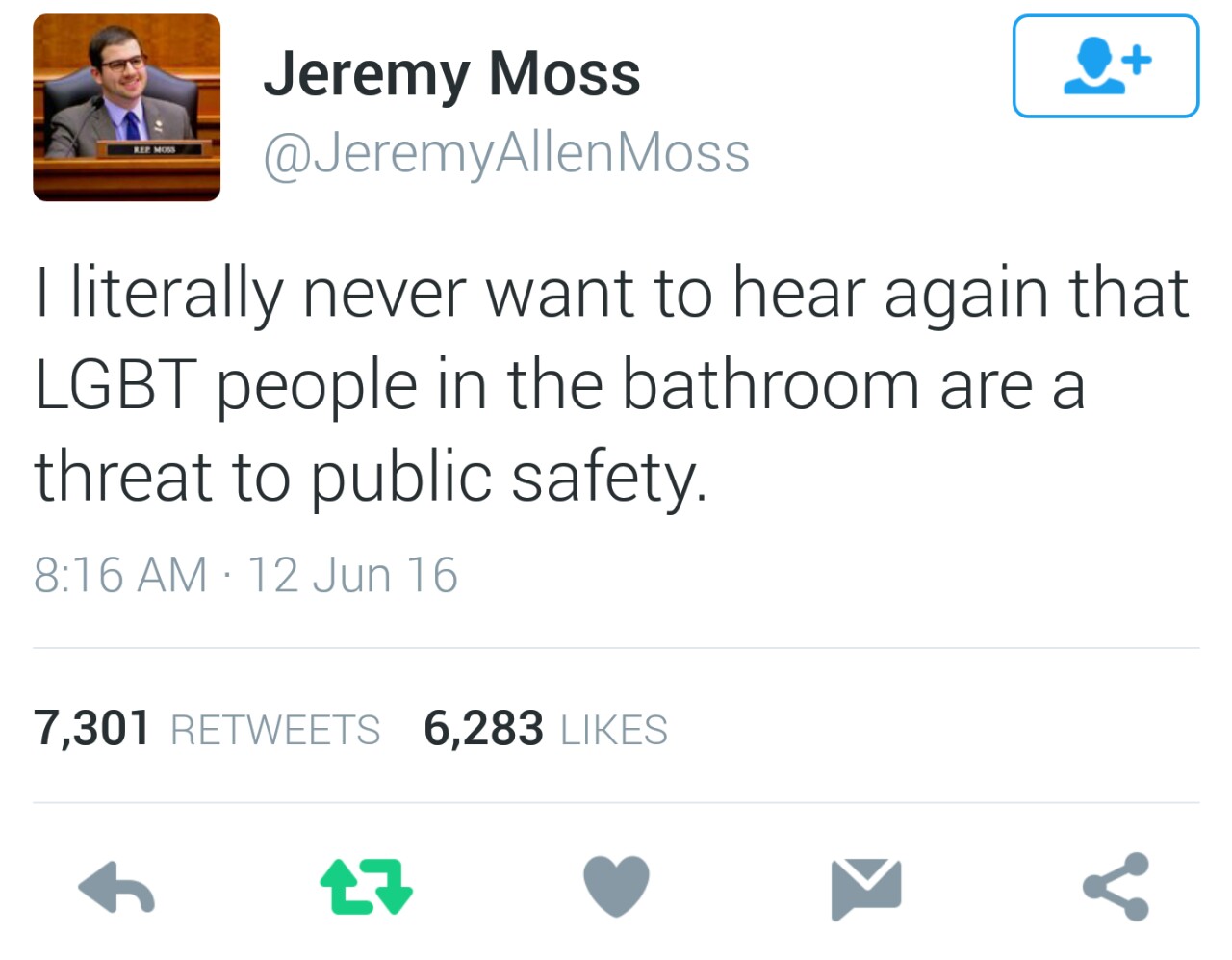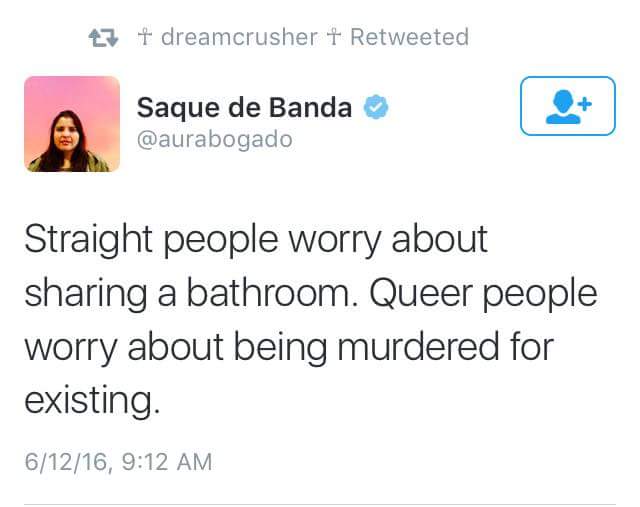Nate Plunders the Archives: Part 1
/With the William Way archives at hand, I have begun to do some archive work for the first time in my life (well, mostly just picking and choosing what to look at). When I search for information on topics I will typically Google it, as I can assume most people will do now. Google is perhaps the most useful tool one can use today, but like all tools, it can be easy to misuse and instead of finding information that is authentic and credible, you end up in a Wikipedia spiral that leads to conspiracy theories about Martians that have infiltrated the highest levels of government and are controlling the fate of humanity (or seemingly destroying it through idiocy…). While Google scholar can prove a handy tool in any research work I need to do for classes, there is still an issue of information not being on the internet. This problem is very apparent with queer history, which is often not taught and is often not mentioned. With the vast collection of printed material in the archives I could glean information that may not be on the all-knowing internet.
Just grab everything
Where am I going with this? Well, after a brief trip to the archives I have already learned some important information regarding gay news in the past. Drum Magazine, which was highlighted by the William Way Archives, was a good starting point and proved to be something that I will return to again. With its mix of news updates, stories about pot, and barely-dressed or nude men on every other page, it seems to be the peak of gay media. Reading something written in the late sixties proves to be quite interesting, although the time period was very different, there seems to be a great deal of overlap with the discussions we still have today. In a women’s section of one Drum Magazine (find volume issue #) there was an article about femininity and how there is a very narrow definition that many people consider “feminine.” This discussion of gender and of pressure on women to look and act a certain way is still just as present today. The looks that women were striving to achieve in that time, though, were far different than they are now, and we can stand to reason that in another 50 years the definition of femininity will have taken a different mantle (or have been done away with completely).
KNOWLEDGE!!!!
I also was able to read some of Philadelphia Gay News from the early eighties, with my intent to find a first story on the AIDS crisis. I did not find that story but I did find a front-page article about what had been learned of AIDS by 1984 (check this again). I was able to read something from the source instead of a summary of it online, which has been a rare experience for this millennial. There was a greater connection I believe and I was able to read what was written with all the knowledge we have today. It was notable that for prevention the article suggested less partners, knowing your partners were in “good health,” and that the best prevention seemed to be monogamy. At the end of the article was an italicized disclaimer that the article was not meant to be political, but only strived to inform. This presents an interesting disconnect from how we talk about sex today (perhaps not a very large one) as we have more information about AIDS and HIV, a drug that can prevent contraction, and encourage the use of condoms for prevention. The hesitance to use condoms seems to have continued now though, and as the AIDS Crisis recedes into the past we are seeing alarming new HIV rates as people become less persistent about the use of condoms or do not have the access to PReP. This topic could be a post in itself but I will hold that for later.
TOO MUCH KNOWLEDGE
For now I am not going into the archives with an express purpose besides learn about queer history of Philadelphia and beyond. It would be rewarding to enter the archives with intent so I can focus on specific information. I will definitely be returning to the archives for more information and to gain knowledge in a way that is not utilized as often today, but that which still has great purpose and results. I’ll have to Google other archives in the area to find out more…
MRW I find some juicy info




















